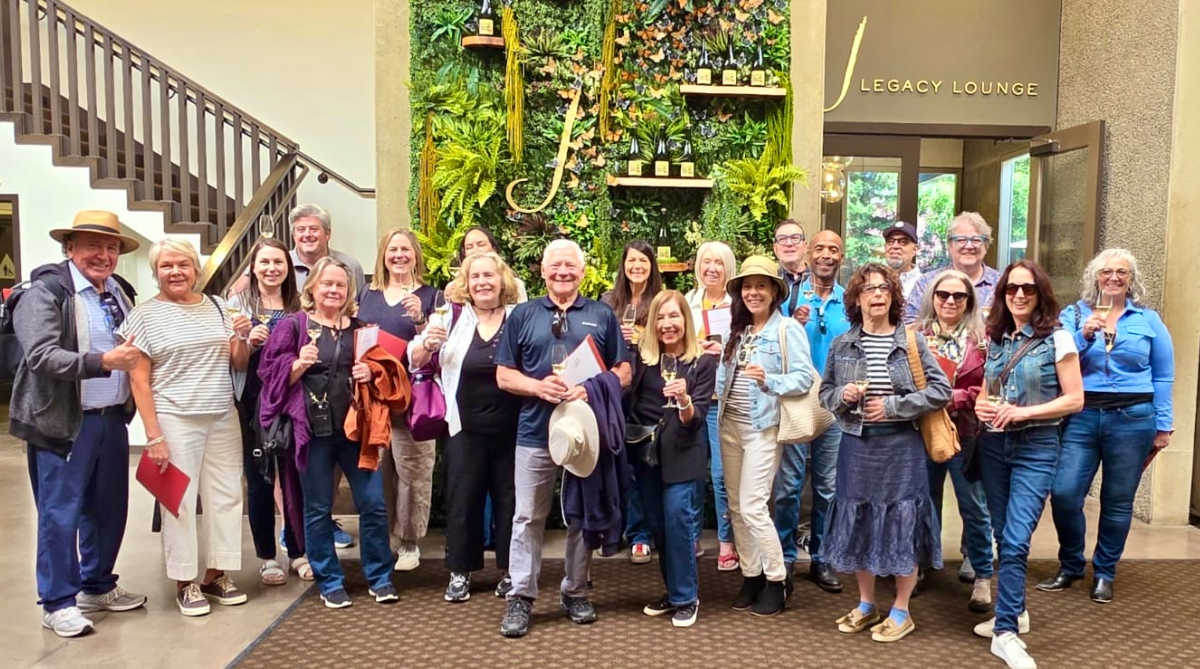Fires. Smoke. Accidents. Scandals. Deaths. Lawsuits. Layoffs. Pandemics. All of these events—and others you’ve never imagined—can impact your winery. Do you have a crisis communication plan?
With the coronavirus sweeping the country, I’m getting email blasts from wineries far and wide—with varying messaging. From an Oregon winery: “We fully understand concerns about traveling and being in public areas during the Coronavirus (COVID-19) outbreak, and we want to assure our guests …”
On the other side of the country, the Long Island Wine Council released a statement Wednesday urging member wineries to follow guidelines set by the CDC: “Individual wineries are limiting large groups, rescheduling events or closing until further notice. Long Island Wine Country is reaching out to member wineries to exchange knowledge and keep one another up to date with any new developments so that we can do our part to be proactive and responsibly attempt to mitigate the impact of coronavirus to our industry.”
Why Have a Crisis Communication Plan
Michael Turney, professor of communication at Northern Kentucky University (with a robust communication strategy related to the virus and its implications to the campus community), likens having a crisis communication plan to auto insurance.
“Most of us purchase automobile accident insurance even though we’re statistically more likely to not have an accident than to have one,” Turney states. “So, buying insurance is also a way of planning for something that may not happen, and most auto insurance policies sit in drawers gathering dust. Despite this, clear-thinking drivers do not forego car insurance, and knowledgeable communicators do not try to get by without a crisis communication plan.”
We all remember the Oregon Solidarity label created to mitigate the effects of loss of fruit sales following the southern Oregon fires of 2018. And we all saw firsthand what can happen when communication comes too little and too late. We also remember the #sonomastrong campaign to counteract #sonomafire, among other recent disasters in the wine and tourism industry.
The time to create your plan is before you need it. However, necessity is often the mother of invention.
Elements of a Crisis Communication Plan
1) Identify critical stakeholders, such as:
- employees
- stockholders
- club members
- suppliers
- media
2) Define tasks:
- Who makes the decisions and directs operations, keeping the team updated?
- Who keeps employees—and possibly their families—updated?
- Who will serve as the spokesperson, publicly announcing new developments, articulating the winery’s positions, and handling media interviews?
- Who will assist with arranging interviews and distributing background information to the media? How might this person help with fact-checking to support the spokesperson?
- Who will communicate with investors, especially if the situation results in financial uncertainty?
- Who will monitor phone calls, emails, and social media posts to appropriately route crisis-related messages and responses?
3) Create a crisis communication team roster that identifies specific people who can take on each task.
- Be sure contact information (cell phone, email, home address) for each person is current. If the organization is large, include current job titles and departments.
- Add at least one or more people who can back-fill for each task.
4) Share the plan with all employees and update it with every change in personnel.
5) Create (or gather) boilerplate information about the winery that can be available to the media.
Are You Ready?
In this crisis, do you need immediate assistance with communication to your stakeholders and the media? Do you need help developing a crisis plan for your winery? We can quickly step in to help with practical, actionable advice. Call 541.601.0114, email, or use our Contact form today.
The time to create your plan is before you need it. Share on X


Leave a Reply